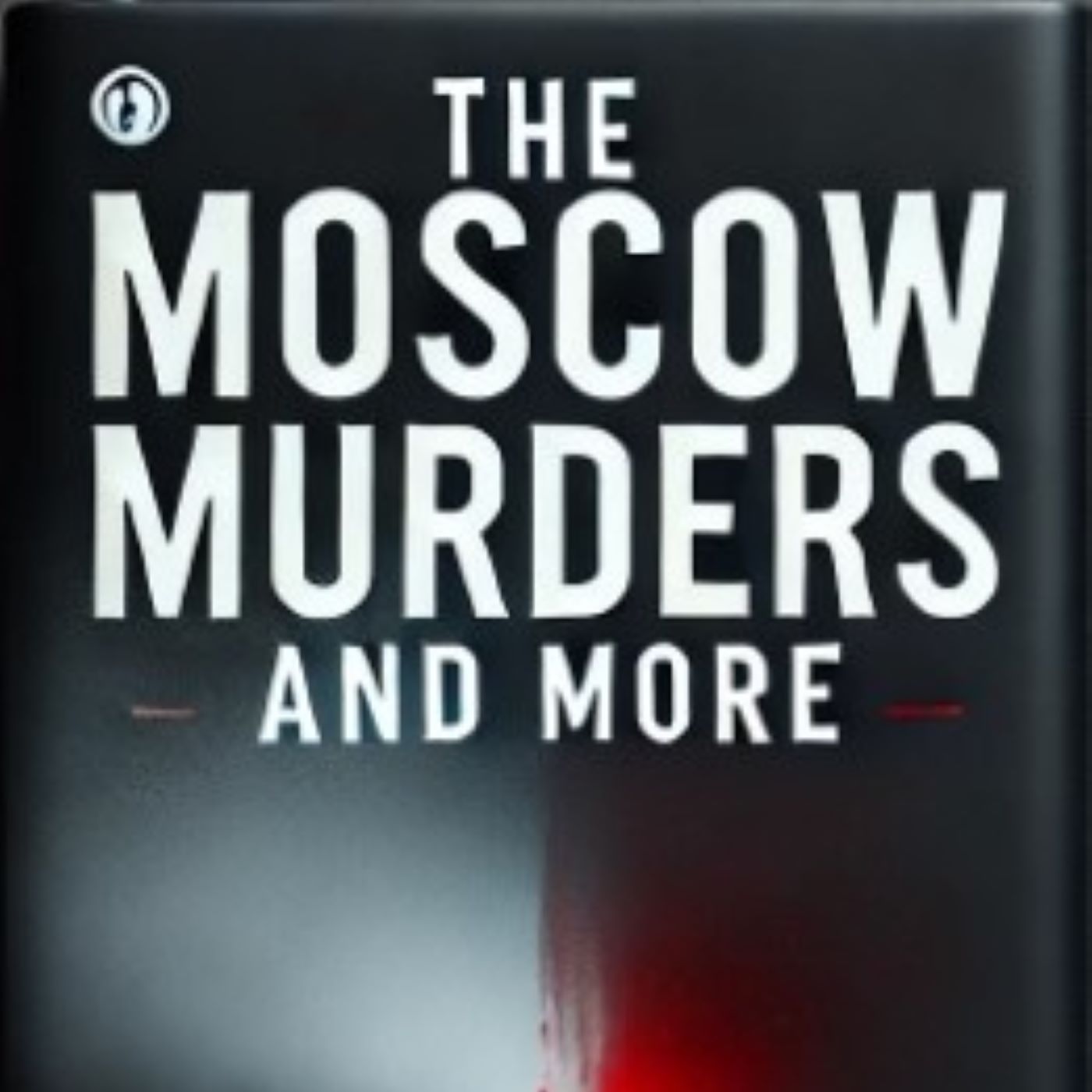‘Don’t Roll the Dice’
1992 New Hampshire murder trial and the controversy over confessions
This episode revisits the contested 1992 criminal trials following the murder of Sharon Johnson, focusing on the fraught confessions of defendant Jason Carroll. It examines the tensions between taped admissions, allegedly withheld facts, and the physical evidence that did — and did not — line up with the confession. The narrative weaves courtroom testimony, juror reflections, and the emotional fallout for a family caught in the center of a public prosecution.
How interrogation tactics and detective conduct shaped the case narrative
Reporter accounts and trial testimony highlight Detective Roland Lammy’s aggressive tactics and repeated denials of coercion. Defense attorneys argued Lammy used pressure tactics and leveraged witnesses’ vulnerabilities. Prosecutors countered by pointing to moments in the tapes where Jason mentioned details not widely publicized, contending that those specifics suggested knowledge only the killer would have.
Physical evidence, witness diaries, and conflicting timelines
The episode breaks down five specific problems defense lawyers used to challenge the reliability of Jason’s confession: the knife length discrepancy, a faulty photo lineup, inaccurate diagrams, inconsistent claims about truck modifications, and an alibi corroborated by a witness’s diary. Each inconsistency was used to argue that the confession could have been erroneous, or shaped by leading questions and confusion.
Jury dynamics, mixed verdicts, and juror psychology
Two juries wrestled with the same evidence. At times jurors found the detective unbelievable but still concluded Jason was involved, if not the principal actor. One jury deadlocked on first-degree murder but convicted on conspiracy; a second jury convicted him of second-degree murder. Jurors’ accounts reveal how emotion, perceived credibility, and limited verdict options influence outcomes.
Family trauma, discovery binders, and the path toward reopening the case
Jason’s sister Jackie preserved voluminous discovery binders and later used them to initiate contact with innocence advocates. Her decade-spanning obsession with the documents became a pivotal resource decades later, enabling legal teams to re-examine evidence that had been archived and often lost in older cases.
New science on false confessions and the possibility of fresh review
The episode places the Carroll case in the context of recent research on false confessions and psychological coercion. As scholarly and legal understanding of confession vulnerability has evolved, cases like this receive new scrutiny, suggesting that changes in scientific knowledge could support reopening and re-evaluating historic convictions.
Through courtroom recordings, juror interviews, and family testimony, the episode explores how human factors, investigative choices, and newly available knowledge about confessions complicate the search for truth in violent crime prosecutions.
Insights
- Preserving original discovery documents can be decisive when reopening a decades-old criminal case.
- Careful comparison of contemporaneous diaries with police logs can validate or undermine alibi claims.
- Jurors often weigh emotional tapes against procedural concerns, which can produce mixed verdicts.
- Defense strategies that emphasize interrogation coercion should pair psychological evidence with physical inconsistencies.
- New research on false confessions can change legal perspectives on long-settled convictions and support appeals.
FAQ
Why did Jason Carroll’s confession become such a central issue in the trials?
Jason Carroll’s taped admissions included both details prosecutors said were withheld and inconsistencies with physical evidence, making the confession the linchpin for both conviction and defense claims of coercion.
What specific evidence did the defense use to challenge the confession?
Defense attorneys highlighted five problems: knife length discrepancies, a mistaken photo identification, inaccurate diagrams, false claims about truck modifications, and an alibi supported by a witness’s diary.
How did jurors respond to the conflicting evidence and interrogation tapes?
Jurors were split; some distrusted the detective but believed Jason was involved, while others found the confession authentic, resulting in mixed verdicts across two trials.
What role did Jason’s sister Jackie play in efforts to revisit the case?
Jackie saved the original discovery binders, later delivering them to innocence advocates; those documents proved pivotal for renewed legal review.
Could modern research on false confessions affect this case’s future?
Yes, advances in understanding interrogation psychology and false confessions offer new grounds to reassess the reliability of historic confessions and support potential appeals.




